Bumblebees can detect and distinguish electrical signals given by flowers to enhance discrimination and memory of floral rewards, a study suggests.
Research and publish the best content.
Get Started for FREE
Sign up with Facebook Sign up with X
I don't have a Facebook or a X account
Already have an account: Login

 Your new post is loading... Your new post is loading...
 Your new post is loading... Your new post is loading...
|
|






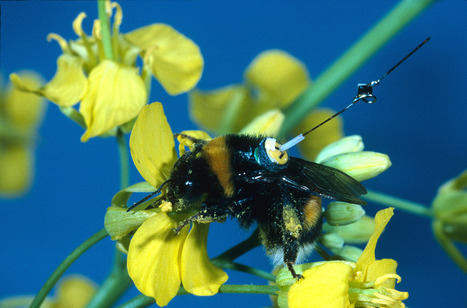
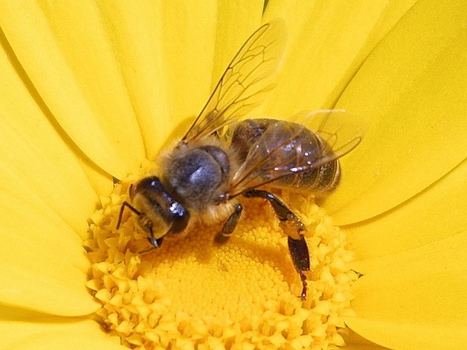
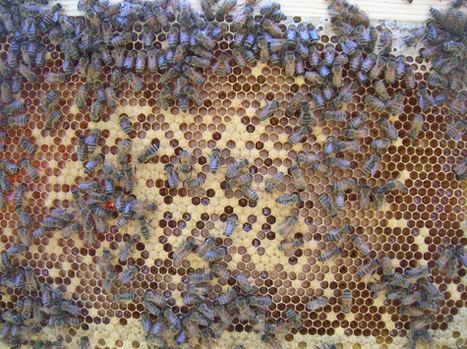
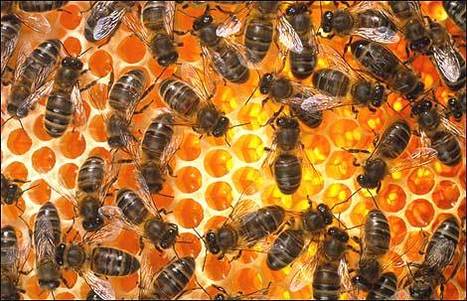
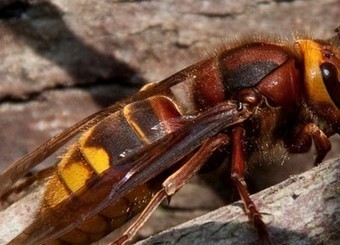
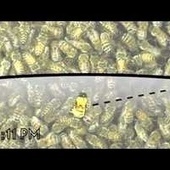
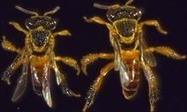




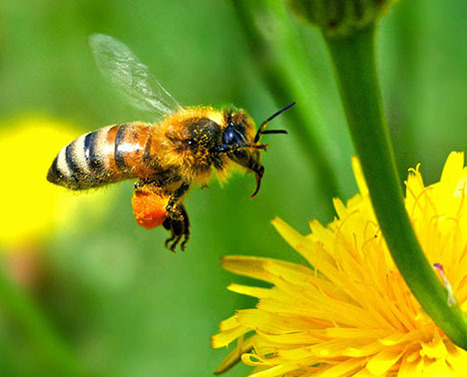
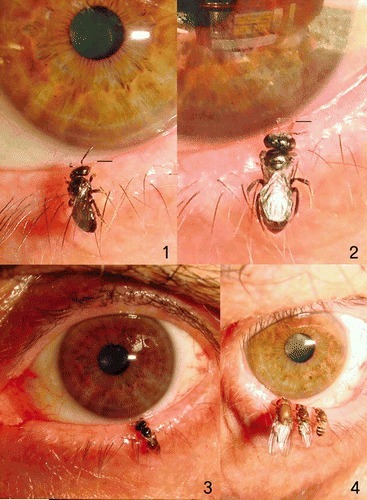


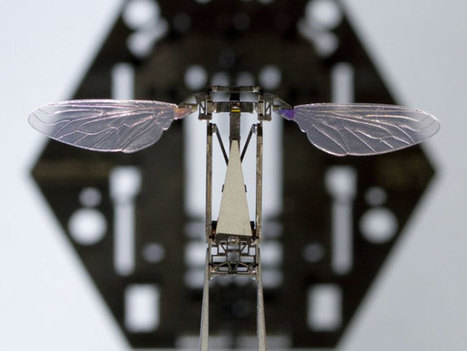
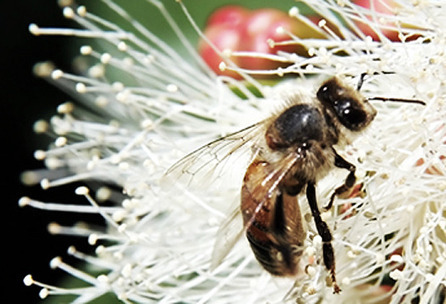
![[VIDEO] - 30 Japanese Giant Hornet Kill 30,000 Honey Bees | Science News | Scoop.it](https://img.scoop.it/GTAhsoe5WqjJxZuzG8u3RTl72eJkfbmt4t8yenImKBVvK0kTmF0xjctABnaLJIm9)
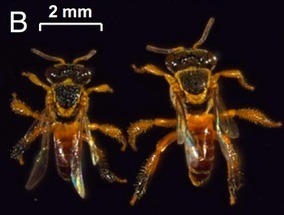
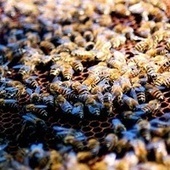

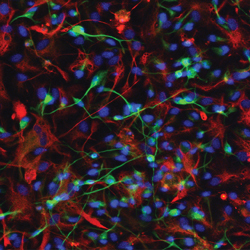





Our hives have made it throulgh the winter so far....you can hear them in the hive!
Even bees enjoy some "floral rewards".